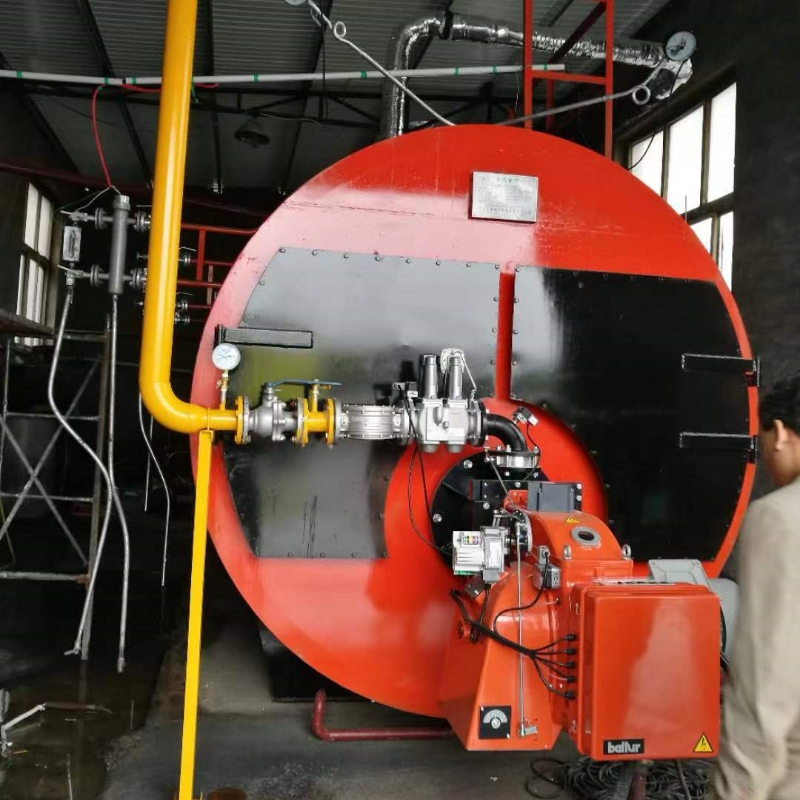
Aug . 10, 2024 10:50 Back to list
Analysis of Boiler Temperature Fluctuations and Their Impact on Overall System Efficiency and Performance
Understanding the Importance of Temperature on Boiler Efficiency
Boilers are essential components in various industrial processes and residential heating systems, serving the crucial purpose of generating steam or hot water. One of the most vital factors influencing a boiler's performance is temperature. Understanding how temperature affects a boiler's efficiency and operation is crucial for maintaining optimal performance and ensuring energy savings.
At its core, a boiler functions by transferring heat from a fuel source to water, producing steam or hot water for heating or powering machinery. The temperature at which this process occurs significantly impacts the system's efficiency and overall operational costs. The efficiency of a boiler is typically expressed as a percentage, which indicates how well the boiler converts the energy in fuel to useful heat.
Understanding the Importance of Temperature on Boiler Efficiency
However, it is essential to consider the balance between temperature and safety. Operating a boiler at excessively high temperatures can increase the risk of overheating and lead to potential failures or hazards. Proper regulation is necessary to ensure that the boiler operates within its designed temperature range. This is where modern temperature control systems come into play. They monitor and adjust the temperature settings automatically, maintaining optimal conditions and preventing accidents.
temperature on boiler

Another crucial aspect of boiler temperature is the impact on fuel consumption. When water is heated to its boiling point and then converted to steam, the amount of fuel consumed is directly correlated to the water’s temperature. For example, a boiler that operates efficiently at higher temperatures will require less fuel to generate the same amount of steam compared to one that operates at lower temperatures. This results in lower operational costs and reduced environmental emissions, contributing to sustainability efforts.
In addition to operational expenses, the temperature of the boiler can also affect maintenance schedules. Boilers maintained at optimal temperatures experience less wear and tear, reducing the frequency of repairs and the associated costs. Conversely, if a boiler operates with inconsistent temperature control, it can lead to increased scale formation and corrosion, thereby decreasing the system’s lifespan.
Furthermore, the relationship between temperature and boiler performance can be analyzed through the concept of flue gas temperature. Monitoring flue gas temperature allows operators to assess the efficiency of the combustion process. A higher flue gas temperature can indicate a loss of energy, suggesting that the boiler is not operating efficiently and adjustments are needed. By optimizing combustion temperatures, it is possible to minimize energy losses and enhance the overall efficiency of the system.
In conclusion, the temperature of a boiler is a critical factor that influences its efficiency, safety, fuel consumption, and maintenance requirements. Understanding and managing the temperature within an optimal range is essential for achieving high performance and low operational costs. By utilizing advanced temperature control technologies and regularly monitoring key parameters, industries can ensure that their boiler systems operate efficiently, sustainably, and safely, ultimately benefiting both their bottom line and the environment.
-
High-Efficiency Commercial Oil Fired Steam Boiler for Industry
NewsJul.30,2025
-
High-Efficiency Biomass Fired Thermal Oil Boiler Solutions
NewsJul.30,2025
-
High Efficiency Gas Fired Thermal Oil Boiler for Industrial Heating
NewsJul.29,2025
-
High-Efficiency Gas Fired Hot Water Boiler for Sale – Reliable & Affordable
NewsJul.29,2025
-
High Efficiency Biomass Fired Hot Water Boiler for Industrial and Commercial Use
NewsJul.29,2025
-
High-Efficiency Biomass Fired Hot Water Boiler for Industrial Use
NewsJul.28,2025
Related PRODUCTS






















